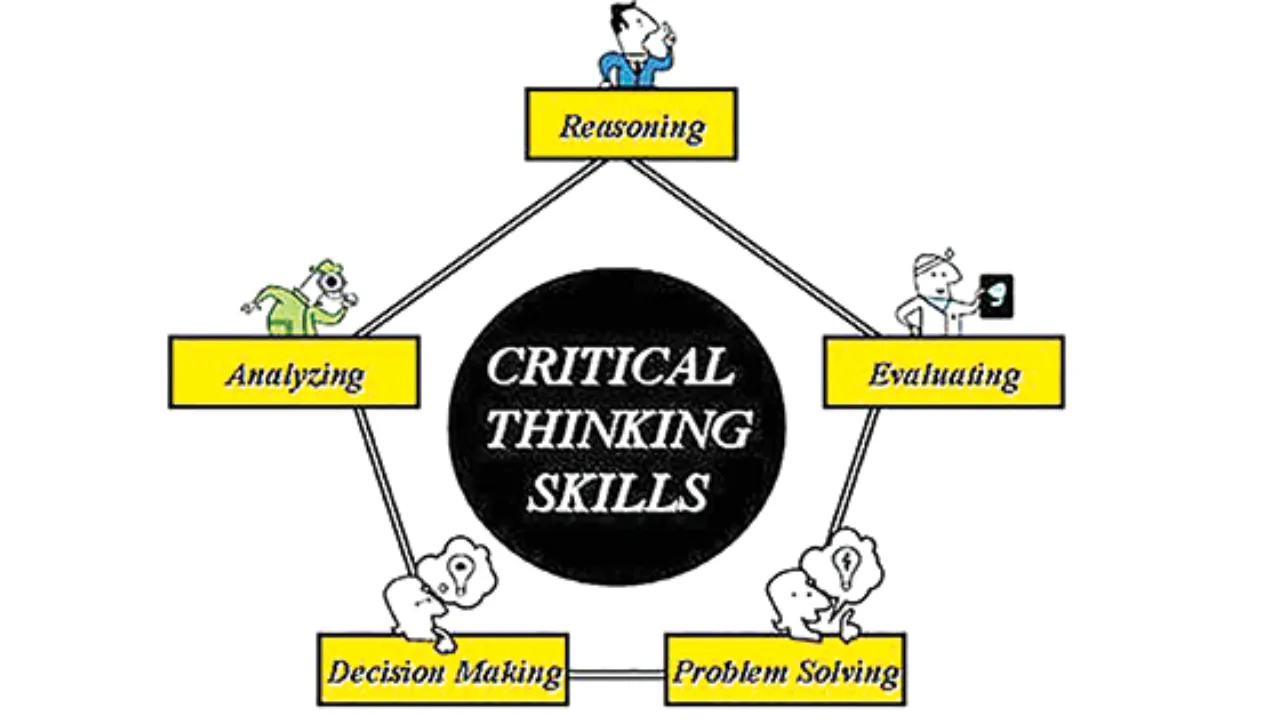AI job market in India: India is on the brink of a significant transformation in its employment landscape, with the artificial intelligence (AI) sector projected to create over 2.3 million job opportunities by 2027.
This surge underscores the nation’s rapid adoption of AI technologies across various industries. However, a looming challenge persists: a substantial skill gap that could leave more than one million positions unfilled.
AI Sector’s Rapid Expansion
The AI industry in India is experiencing unprecedented growth. A recent study by Bain & Company indicates that AI-related job openings are expected to exceed 2.3 million by 2027. This expansion is driven by the integration of AI solutions in sectors such as healthcare, finance, manufacturing, and retail, aiming to enhance efficiency, innovation, and customer experiences.
Imbalance Between Demand and Supply
Despite the promising job projections, there is a concerning disparity between the demand for AI professionals and the available talent pool. The same study reveals that while job openings will surpass 2.3 million, the talent pool is projected to reach only 1.2 million by 2027, leaving a gap of over one million roles that will require focused reskilling and upskilling efforts.
High-Demand AI Roles and Compensation
Several AI roles are emerging as particularly sought-after, offering lucrative salaries:
- AI/ML Architects: Responsible for designing and implementing machine learning frameworks, these professionals can earn up to ₹95 lakh annually.
- Data Scientists: Tasked with analyzing complex datasets to drive strategic decisions, data scientists’ salaries range from ₹6 lakh to ₹20.5 lakh per year.
- Cloud Architects: Experts in managing cloud infrastructures for AI applications, cloud architects typically earn between ₹40 lakh and ₹60 lakh annually.
Geographical Concentration of Opportunities
AI job opportunities are predominantly concentrated in specific urban centers:
- Bengaluru: Often referred to as India’s Silicon Valley, it accounts for nearly 39% of cloud-related job opportunities.
- Hyderabad: With a burgeoning tech ecosystem, the city holds about 23% of such job openings.
- Delhi/NCR: This region comprises approximately 17% of cloud-based AI employment, reflecting its status as a key technological hub.
Essential Skills for Aspiring AI Professionals
To thrive in the AI domain, professionals need a blend of technical and soft skills:
- Technical Proficiency: Mastery of programming languages like Python, Java, and C++, along with familiarity with AI frameworks such as TensorFlow and PyTorch, is crucial.
- Data Management: Skills in handling databases using SQL, MongoDB, and big data tools are essential.
- Cloud Computing: Knowledge of platforms like AWS, Microsoft Azure, and Google Cloud enhances employability.
- Analytical Thinking: Strong problem-solving abilities and critical thinking are vital for developing effective AI solutions.
- Communication: The ability to convey complex technical concepts to non-technical stakeholders is highly valued.
Bridging the Skill Gap
Addressing the impending skill shortage requires a concerted effort from educational institutions, industry stakeholders, and the government:
- Educational Reforms: Integrating AI and machine learning courses into university curricula is essential. Additionally, online platforms like Coursera, Udemy, and edX offer accessible learning resources for aspiring professionals.
- Corporate Training: Companies are investing in upskilling initiatives, providing in-house training programs to equip employees with the necessary AI competencies.
- Government Initiatives: Public-private partnerships aimed at promoting STEM education and digital literacy can play a pivotal role in expanding the talent pool.
Global Companies Investing in India’s AI Talent
Recognizing India’s potential as an AI talent hub, several global corporations are expanding their operations in the country:
- RTX Corp: The aerospace and defense giant plans to increase its workforce in India by 14%, adding 1,000 positions by 2027, including roles for engineers and data scientists.
- SAP: The German software company intends to “over proportionally” hire in India, reflecting the country’s significance in its global strategy.
The Future Outlook
India’s AI job market is poised for remarkable growth, offering unprecedented opportunities for professionals. However, the anticipated skill gap poses a significant challenge. Proactive measures in education and training are imperative to ensure that the workforce can meet the evolving demands of the AI industry. By aligning educational outcomes with industry needs, India can solidify its position as a global leader in AI talent.
FAQs
1. What is driving the growth of AI jobs in India?
The rapid digital transformation across various sectors, including healthcare, finance, and retail, is leading to increased adoption of AI technologies to enhance efficiency and innovation.
2. Which cities in India are emerging as AI job hubs?
Bengaluru, Hyderabad, and Delhi/NCR are leading in AI job opportunities due to their robust tech ecosystems and presence of numerous tech companies.
3. What skills are essential for a career in AI?
Key skills include proficiency in programming languages (e.g., Python, Java), knowledge of AI frameworks (e.g., TensorFlow), data management capabilities, cloud computing expertise, analytical thinking, and effective communication.
4. How are companies addressing the AI skill gap?
Organizations are investing in upskilling initiatives, offering in-house training programs, and collaborating with educational institutions to ensure employees acquire necessary AI competencies.
5. What challenges does India face in meeting the AI job demand?
The primary challenge is the significant skill gap, with projections indicating over one million AI positions may remain unfilled by 2027 due to a shortage of qualified professionals.
xcvbnm







